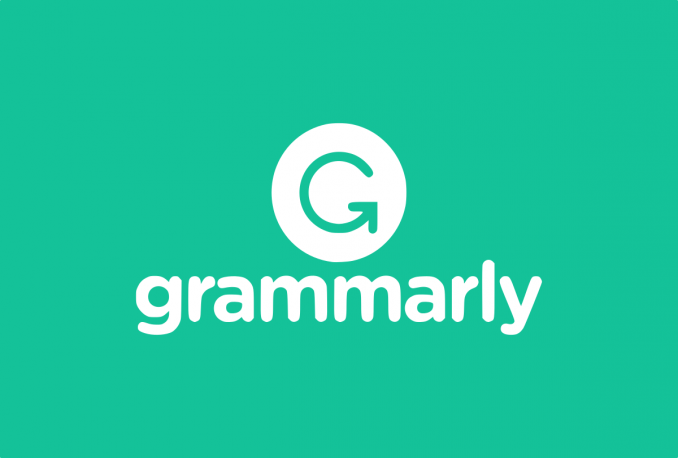Green Accounting Analysis (Reduce, Reuse, Recycle) to Improve Financial Performance: a Case Study of Kud Tani Bahagia 1 Mojokerto
DOI:
https://doi.org/10.30996/jem17.v10i1.131917Abstract
This study aims to implement the concept of 3R Green Accounting, namely (Reduce, Reuse, Recycle) by using an interpretive paradigm, this study tries to interpret the 3R concept whether it affects financial performance with a case study design, and the research combines 3 concepts in green accounting, namely, environmental costs, social costs, and economic costs in the implementation of green Accounting in KUD Tani Bahagia 1. The data was obtained by conducting in-depth interviews with employees at KUD and the surrounding community. The results of the interviews were grouped and the data was simplified before being analyzed and conclusions drawn. This in-depth research also reveals whether there are costs caused by the 3R concept and whether it will affect the financial performance of KUD. By considering the principles in accounting. Keywords : Green Accounting; 3R (Reduce, Reuse, Recycle); Financial Perfomance;Downloads
Download data is not yet available.
Downloads
Published
2025-05-31
Issue
Section
Articles
License
Authors whose manuscript is published will approve the following provisions:
- The right to publication of all journal material published on the JEM17: Jurnal Ekonomi Manajemen website is held by the editorial board with the author's knowledge (moral rights remain the property of the author).
- The formal legal provisions for access to digital articles of this electronic journal are subject to the terms of the Creative Commons Attribution-ShareAlike (CC BY-SA) license, which means JEM17: Jurnal Ekonomi Manajemen reserves the right to store, modify the format, administer in the database, maintain and publish articles without requesting permission from the Author as long as it keeps the Author's name as the owner of Copyright.
- Printed and electronically published manuscripts are open access for educational, research, and library purposes. In addition to these objectives, the editorial board shall not be liable for violations of copyright law.

















